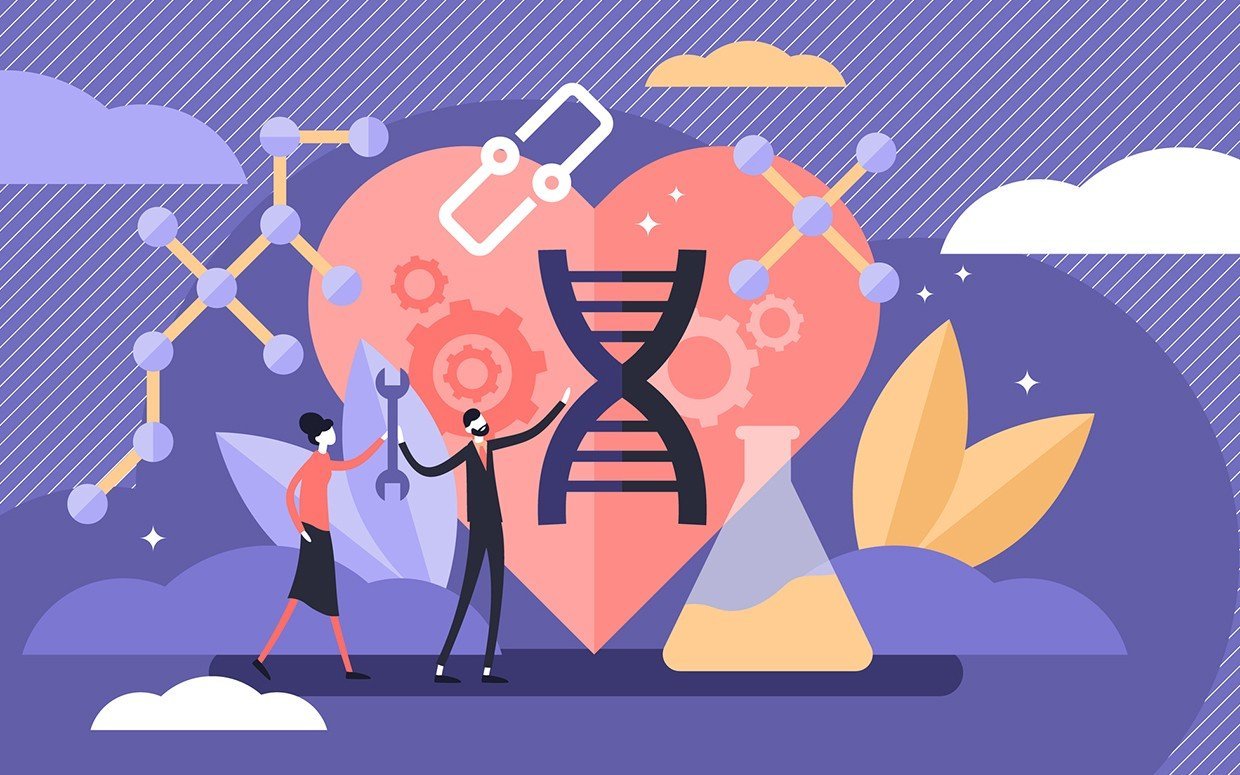AI in Biology: 5 Top Projects from A High School Student
Written by Crystalia Evelyn Liaw
Whether you see the term plastered in the recent technology newspaper, or being used in descriptions of your smartphone, artificial intelligence (AI) is an ever-growing field in our generation of technology and it’s time for us to start using the power of AI to our advantage.
What is the field of AI?
To put it simply, AI is a field concerning the development of “intelligent” machines and algorithms. In this case, being “intelligent” means that it can mimic the problem-solving and decision-making capabilities of the human mind, making it possible to replace human labor with AI. A more elaborate definition of AI is provided by John McCarthy, a computer scientist, which states that AI “is the science and engineering of making intelligent machines, especially intelligent computer programs. It is related to the similar task of using computers to understand human intelligence, but AI does not have to confine itself to methods that are biologically observable” (John McCarthy, 2004)
The Role AI Plays in the Future of Biology
When thinking about the applications of artificial intelligence, we tend to associate the field with computer science, physics, and technology. However, AI holds a plethora of possibilities in all different kinds of fields, including biology. Breaking the general stereotype, biology is not just about plants and greens and organisms. The study of it involves extensive research, data analysis, and even the programming of genomes. For example, I have worked with genomic data which heavily involves hundreds of rows of the genome that needs to be analyzed. With AI, this process can be much more efficient, to the extent that it would not need humans to facilitate the process. With the capability of making decisions, AI in biology can be used for predictions.
Top 5 Biology-Related AI Projects
Medical Imaging Analysis/Diagnosis
Medical imaging analysis plays an integral role in diagnosing patients in hospitals. Currently, it is done manually with doctors which can be inefficient. AI in biology can be used to speed this process up through programming algorithms that can identify the characteristics we’re looking for in particular medical images. For example, when dealing with cancer, algorithms can be developed to search for the tumors and identify the severity of the situation.
Medical Predictions
Medical predictions are made all the time by doctors, which helps them prescribe medicines and suggest treatments. While some situations are easier to predict, doctors may have problems with predicting rare diseases or situations considering many factors. A deep neural network can be developed, with extensive layers considering different factors such as the patient’s age and health. Granted, this algorithm will take extensive research and programming, however, when finished, it can help doctors predict difficult situations and increase chances of survival for patients.
AI in Surgery
AI in surgery is an already developing field with robotic hands developed for surgical purposes. However, it is far from perfect. To enhance it, one can develop a specific algorithm to deal with different types of surgery that program robotic hands to make more informed and careful decisions.
Epidemiology Analysis
Similar to what we did in InspiritAI in the field of genetics, we can build algorithms to analyze the sources of diseases by looking at genetics. Furthermore, epidemiology analysis can evaluate the spread of diseases and help determine how to mitigate the negative impacts.
Genetic Analysis
There are hundreds of genetic-related diseases and disorders that remain a mystery to others. By using algorithms to analyze the patterns between those who suffer from these specific disorders, we can pinpoint a set of genes that causes these disorders and bring us a step closer to finding a cure. This does not have to be about disorders/diseases only, as it can relate to the aging process as well. For example, our thymus, which assists in developing white blood cells, goes through involution as we age which naturally makes us more vulnerable. By building an algorithm that analyzes genes that initiate this process, we can reduce the process of involution, therefore, allowing us to be less vulnerable as we age.
Ethics in AI Applications
AI is an exciting and innovative field to work on, however, we must be careful with its applications when it concerns the life of others. When we discuss the future of AI, we must consider the downsides of it, such as the loss of jobs. Overall, AI is an amazing and growing field but we should always be careful of when and where AI is applied.

